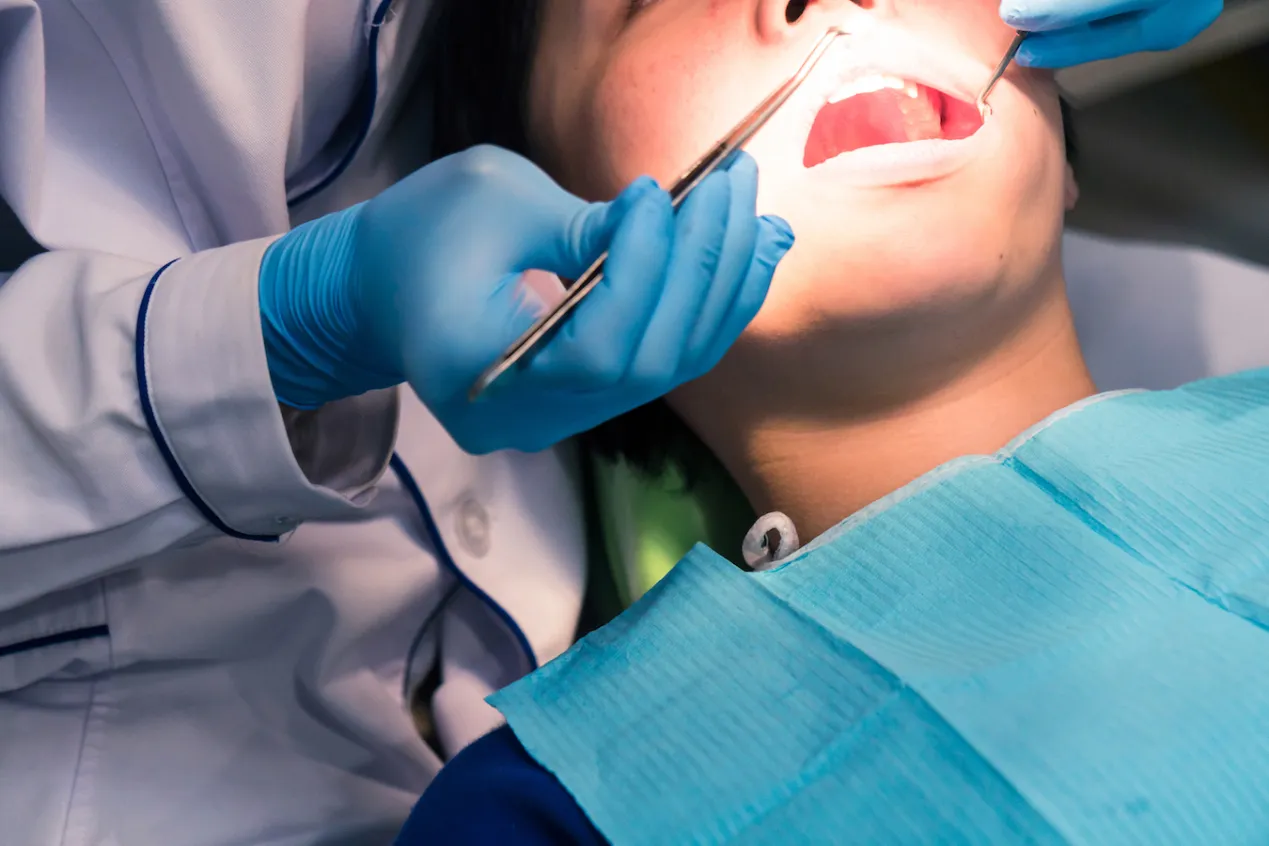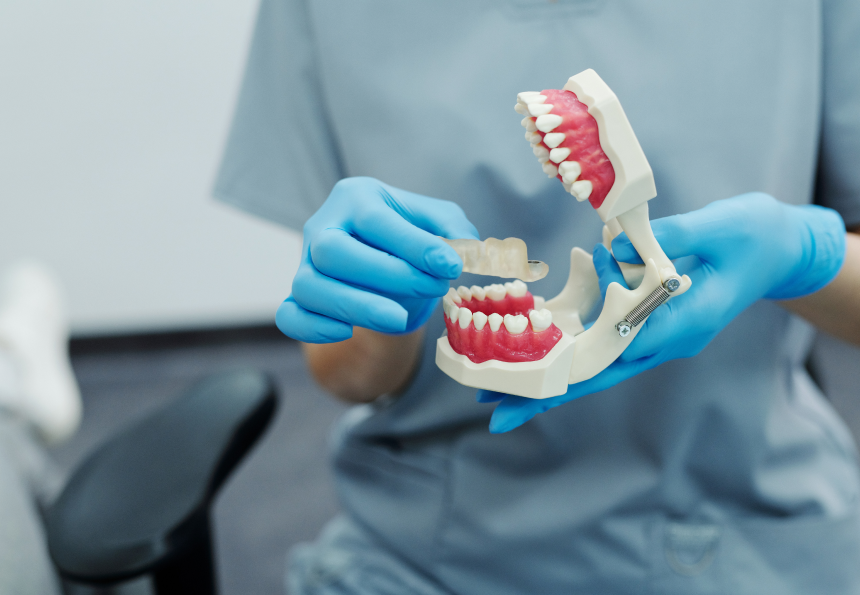Discover the very best Dentist in Eugene Oregon for Your Family's Oral Demands
Discover the very best Dentist in Eugene Oregon for Your Family's Oral Demands
Blog Article
Learn More About Frequent Oral Worries Your Dental Expert Can Resolve
Recognizing frequent oral problems is vital for preserving optimum oral wellness. Issues such as cavities, periodontal condition, tooth sensitivity, foul-smelling breath, and tooth decay are common yet often ignored up until they become extreme. Dentists have the experience to identify and treat these conditions, thus stopping more complications. Regular oral sees and customized care strategies can deal with these problems efficiently, ensuring a much healthier and brighter smile. What certain therapies do dental practitioners use to battle these issues, and just how can early intervention make a difference? The response to these concerns offer beneficial understandings right into safeguarding your dental wellness.
Cavities
Cavities, additionally called tooth decays, are a common oral wellness issue triggered by the demineralization of tooth enamel as a result of acid manufacturing from bacterial plaque. This process begins when microorganisms in the mouth metabolize sugars and starches from food, producing acids that erode the enamel. If not addressed immediately, this disintegration can pass through deeper right into the tooth, influencing the dentin and at some point the pulp, potentially resulting in extreme pain and infection.
The beginning of cavity development commonly existing as white spots on the tooth surface area, showing preliminary demineralization. As the process proceeds, these places can turn into brown or black lesions, signifying extra considerable degeneration. Routine dental exams are essential for early detection, as tooth cavities in their nascent phases can be treated with remineralization techniques, such as fluoride treatments.
Dental professionals generally remove the corroded portion of the tooth and load the dental caries with materials such as composite material, amalgam, or ceramic. Preventative procedures, consisting of great dental health methods and nutritional adjustments, play an essential function in minimizing the threat of dental caries.
Gum Tissue Illness
While dental caries stand for a considerable issue for oral health and wellness, one more vital problem that demands focus is gum tissue illness. Likewise understood as periodontal disease, gum tissue condition is an inflammatory condition affecting the cells bordering and sustaining the teeth. It is largely created by the build-up of plaque-- a sticky film of microorganisms that develops on teeth.
Gum condition advances with stages, beginning with gingivitis, characterized by soreness, swelling, and bleeding gum tissues (dentists eugene). If left neglected, gingivitis can rise to periodontitis, where the inner layer of the gum tissue and bone retreat from the teeth, developing pockets that become contaminated. In time, the contaminants created by the microorganisms break down the bone and connective cells that hold teeth in location, possibly resulting in tooth loss
Very early detection and therapy are essential. Specialist oral cleanings and enhanced dental hygiene methods, such as cleaning twice day-to-day and flossing, can manage gingivitis. For more sophisticated stages, treatments may consist of scaling and root planing, antibiotics, or perhaps surgical treatments.
Regular oral check-ups play a crucial duty in managing and protecting against gum illness. Dental professionals can recognize early signs and advise suitable treatments, guaranteeing the maintenance of healthy gum tissues and overall dental health.
Tooth Sensitivity
Tooth level of sensitivity affects millions of people worldwide, providing a typical yet frequently distressing oral issue. This problem develops when the enamel, the outermost protective layer of the teeth, is endangered, revealing the underlying dentin.
Numerous elements add to enamel erosion and subsequent tooth level of sensitivity, consisting of hostile cleaning, acidic foods and drinks, periodontal recession, and bruxism (teeth grinding) In addition, oral procedures such as teeth whitening can briefly heighten sensitivity.
Foul-smelling Breath
Another prevalent dental concern that affects people' lives misbehaves breath, clinically described halitosis. This condition can be especially stressful, impacting personal communications and self-worth. Bad breath often originates from bad oral hygiene, which enables food bits to stay in the mouth, cultivating bacterial development. These germs create sulfur substances, causing unpleasant odors.

Recommendations might include enhancing oral hygiene practices, such as normal brushing and flossing, utilizing antibacterial mouth washes, remaining hydrated, and resolving any type of dental issues. Reliable monitoring of bad breath not only boosts oral wellness however additionally considerably improves top quality of life.
Tooth Degeneration

Preventing dental cavity includes a mix of excellent dental health practices and regular dental examinations. Cleaning teeth at the very least twice daily with fluoride toothpaste, flossing to get rid of plaque try these out in between teeth, and restricting the intake of sugary foods and beverages are crucial safety nets. Fluoride have a peek at these guys treatments, dental sealants, and expert cleanings given by a dentist can also play a significant duty in fortifying enamel and preventing decay.
When dental cavity occurs, very early intervention is vital. Dentists can remove corroded cells and bring back the tooth with fillings made from materials such as composite resin, amalgam, or porcelain. In advanced cases, therapies like crowns, root canals, or extractions may be necessary. By addressing dental cavity immediately, dental practitioners help maintain dental structure and feature, guaranteeing lasting oral health.
Conclusion
Attending to common dental problems such as dental caries, gum illness, tooth level of sensitivity, bad breath, and dental caries is important for keeping ideal dental health and wellness and total well-being. Dentists possess the knowledge to diagnose and treat these concerns effectively, ensuring tailored look after each client. Regular dental exams and safety nets are crucial in identifying and handling click these problems early, promoting a much healthier and extra confident smile over a life time.

Tooth decay, additionally understood as dental decays, happens when the enamel, the outer layer of the tooth, is worn down by acids produced by microorganisms in the mouth. Brushing teeth at least two times daily with fluoride toothpaste, flossing to get rid of plaque between teeth, and restricting the intake of sweet foods and drinks are essential preventative steps.Addressing typical dental worries such as cavities, gum tissue disease, tooth level of sensitivity, bad breath, and tooth degeneration is essential for keeping ideal dental health and total well-being.
Report this page